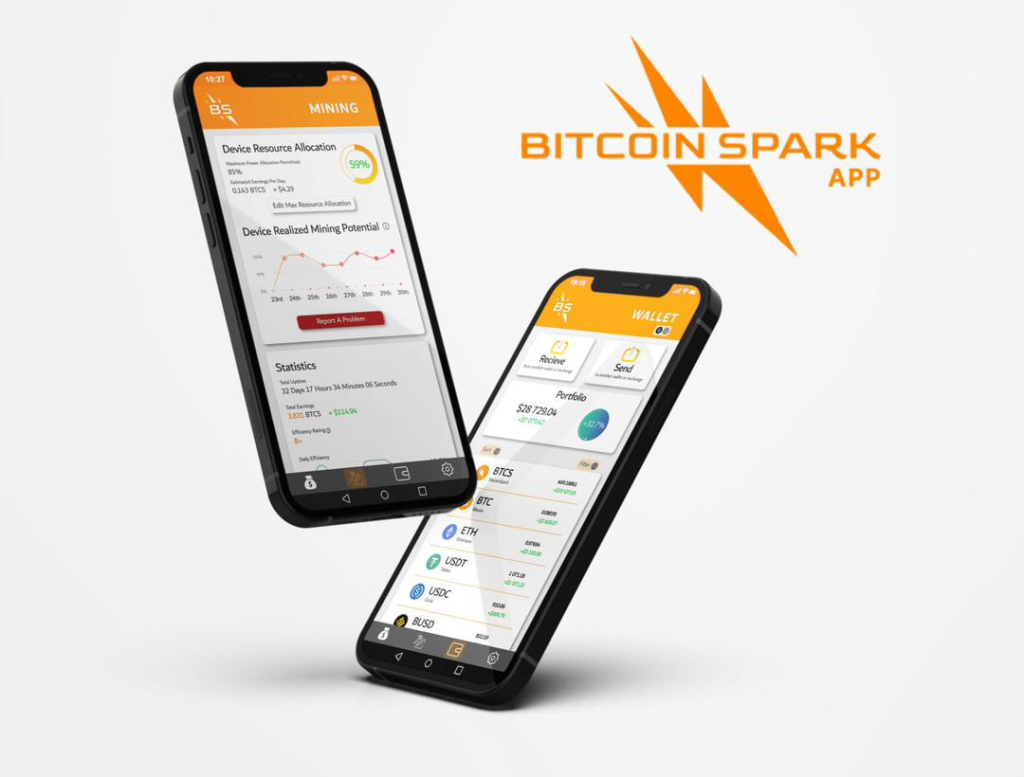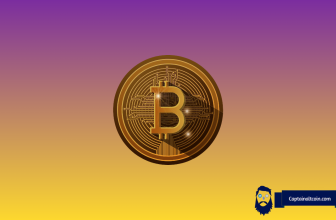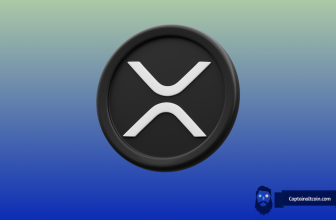
Since the launch of Bitcoin, the cryptocurrency industry has evolved dramatically. While Bitcoin remains the most prominent digital currency, it has its shortcomings. Bitcoin forks have become a notable phenomenon, providing new chances for investors. Let’s look at Bitcoin forks in general, as well as specific forks such as Bitcoin Spark (BTCS), Bitcoin SV (BSV), and Bitcoin Cash (BCH). By the end, you’ll thoroughly grasp these forks and their potential as successful investment opportunities.
What you'll learn 👉
Understanding Bitcoin Forks
A Bitcoin fork occurs when changes are made to the underlying code of the protocol, resulting in two different blockchains. This distinction might be either rigid or soft, with other effects. Soft forks are backward-compatible, but hard forks generate a new blockchain that is incompatible with the old. So, What are BTCS, BSV, and BCH?
Bitcoin Spark (BTCS) – A Fork with a Purpose

Bitcoin Spark (BTCS) is an intriguing fork with a distinct aim. BTCS proposes a new consensus technique called “Proof of Process.” which strives to produce a more equitable distribution of rewards. It incentivizes members to supply computing resources for decentralized CPU renting, promoting passive income production.
Diversifying Revenue Streams: Advertising and Revenue Sharing
Bitcoin Spark blends its consensus mechanism with ad integration to generate a diverse revenue stream. The revenue-sharing approach encourages active network engagement and equitably distributed benefits, resulting in a vibrant community.
Bitcoin SV (BSV) – Restoring the Original Vision
Bitcoin SV (BSV) offers an alternative approach, trying to restore the original Bitcoin protocol as envisioned by its founder. While the project has had its share of controversy, it does have noteworthy supporters who believe in its concept. BSV prioritizes scalability and microtransactions to provide an efficient and cost-effective blockchain.
Bitcoin Cash (BCH) – The Pioneering Fork
Bitcoin Cash (BCH) was one of the first Bitcoin forks. It arose from the requirement for greater scalability and speedier transaction processing. BCH has undergone various network upgrades and development activities to cement its status as digital cash. It is still an alternative to Bitcoin for everyday transactions and peer-to-peer payments.
The Role of Bitcoin Forks in the Crypto Market
These Bitcoin forks have contributed significantly to the market’s diversity and innovation. They have been critical in tackling scalability, transaction fees, and network performance issues. Their journeys, however, have not been without hardships and disputes, but they are still efficient for use.
Conclusion
Bitcoin forks such as BTCS, BSV, and BCH provide new options in the cryptocurrency market. Remember, diversify your investments, be informed, and embrace responsible investing for success in the volatile crypto ecosystem.
To know more about the innovative Bitcoin Spark:
Disclaimer: CaptainAltcoin does not endorse investing in any project mentioned in this article. Exercise caution and do thorough research before investing your money. CaptainAltcoin takes no responsibility for its accuracy or quality. This content was not written by CaptainAltcoin’s team. We advise readers to do their own thorough research before interacting with any featured companies. The information provided is not financial or legal advice. Neither CaptainAltcoin nor any third party recommends buying or selling any financial products. Investing in crypto assets is high-risk; consider the potential for loss. Any investment decisions made based on this content are at the sole risk of the reader. CaptainAltcoin is not liable for any damages or losses from using or relying on this content.






